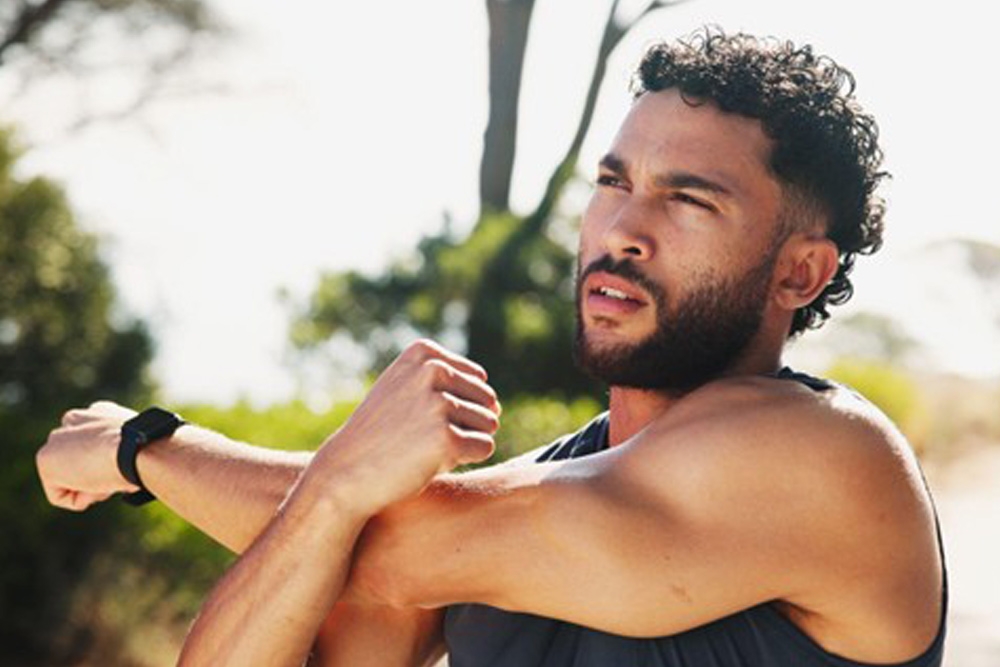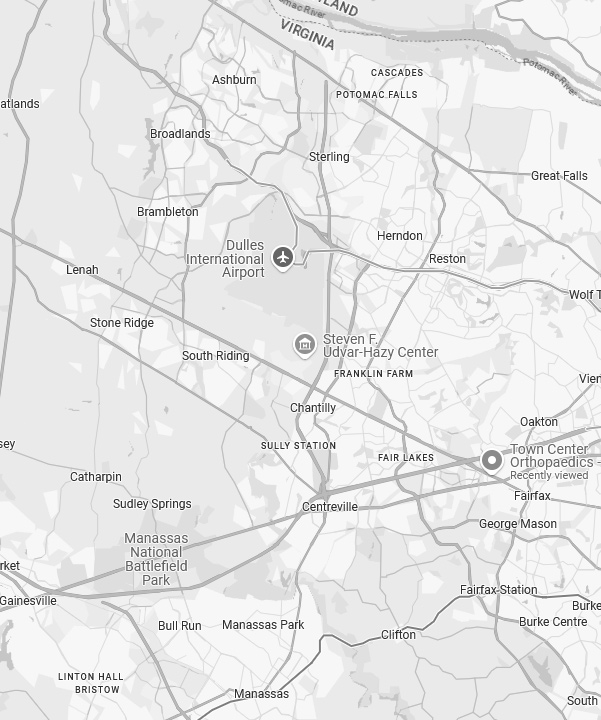A little shoulder soreness after practice is expected, but when that ache lingers or limits your motion, it could mean more than overworked muscles. From baseball players to swimmers and gym enthusiasts, many athletes push through pain without realizing the risk. Understanding when to rest and when to seek professional care can help you bounce back quicker and perform your best.
Understanding Shoulder Pain: What Every Athlete Should Know
The shoulder is one of the most mobile joints in the body, which makes it vulnerable to injury, especially in sports that involve repetitive overhead motions like baseball, swimming, tennis, and volleyball. Overuse, poor technique, or sudden trauma can strain muscles, irritate tendons, or damage the joint structures.
While mild soreness after a workout is normal, pain that persists for more than a few days, worsens with activity, or disrupts your sleep is not. Early recognition and proper management are key to avoiding long-term issues.
Top Reasons Athletes Experience Shoulder Pain
Rotator Cuff Injuries: The rotator cuff is a group of muscles and tendons that stabilize the shoulder joint. Tears or inflammation here are common in throwing and overhead sports. Symptoms include weakness, pain when lifting the arm, and difficulty performing daily activities.
Shoulder Impingement: When the tendons of the rotator cuff rub against nearby bone, or begin to break down from age and usage, it can cause impingement symptoms. Athletes often describe a sharp pain during overhead movements and a dull ache afterward.
Labral Tears: The labrum is a ring of cartilage that cushions the shoulder socket. A tear can result from repetitive stress or a traumatic event like a fall. It often causes catching, popping, or instability in the shoulder.
Shoulder Instability: Repetitive stress or a previous dislocation can make the shoulder joint loose. This instability can lead to recurring pain, weakness, or even repeated dislocations—especially during sports that demand explosive upper-body movements.
When to See a Sports Medicine Specialist
It’s time to seek professional evaluation if:
- The pain lasts longer than two weeks
- You notice weakness or reduced range of motion
- There’s swelling, bruising, or a feeling of instability
- The pain interferes with your training or daily life
A sports medicine specialist can identify the underlying cause through a detailed exam and imaging if needed. Early diagnosis often means a quicker and more complete recovery.
Treatment and Recovery: Getting Back in the Game
Treatment depends on the severity and type of injury. Mild conditions may respond well to rest, physical therapy, and activity modification. More serious injuries, such as rotator cuff tears or labral damage, might require advanced treatments, including minimally invasive arthroscopic surgery to restore strength and stability.
Rehabilitation focuses on rebuilding shoulder strength, improving flexibility, and preventing reinjury. With the right care and commitment, most athletes return to their sport stronger than before.
Play Stronger, Heal Smarter
Shoulder pain doesn’t have to sideline your season or keep you from the activities you love. With an accurate diagnosis and a personalized treatment plan from a sports medicine specialist, you can recover safely and return to peak performance. Modern, evidence-based care helps athletes restore strength, stability, and confidence without unnecessary downtime.
At Town Center Orthopaedics, we are dedicated to helping every patient move better, feel better, and be better—on the field, in the gym, and in everyday life. With the right care, you can get back to playing hard, staying strong, and doing what you love most.
Author: Jeffrey H. Berg, M.D., specializes in Orthopaedic Surgery and Sports Medicine at Town Center Orthopaedics in Ashburn, Centreville and Reston. He has a focus on the diagnosis, treatment, and prevention of sports-related injuries. Dr. Berg’s primary areas of focus are the treatment of injuries and disorders of the shoulder, knee, elbow, and ankle with a particular interest in arthroscopic treatment for knee ligament reconstruction, shoulder stabilization, and rotator cuff repairs.








